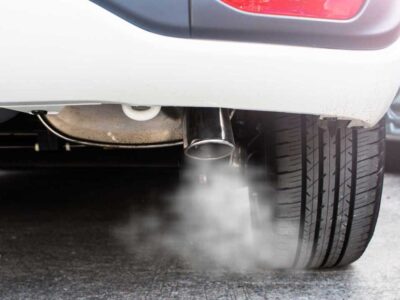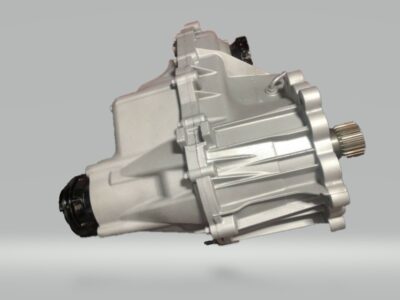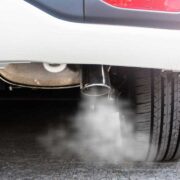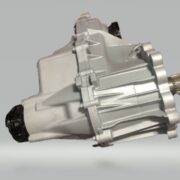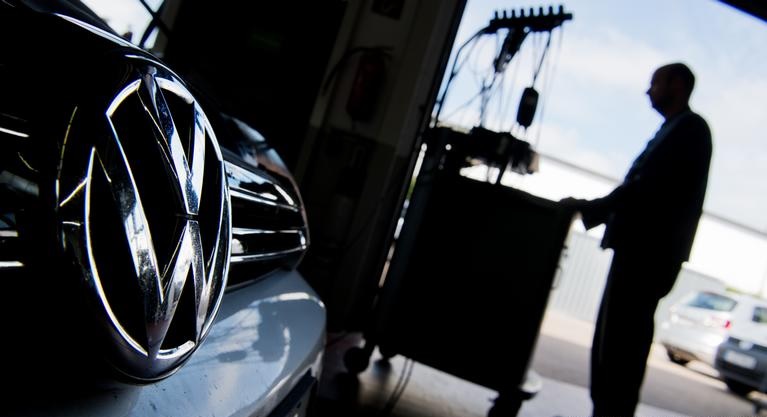
BMW, one of the renowned German automakers, has now joined the list of automakers accused of lying about emissions. The allegations are the latest blow to the automobile industry, which has already been marred by previous emission scandals.
The accusations against BMW have come to light after a recent investigation by German environmental journalists. According to the report, BMW’s diesel engines manufactured between 2009 and 2011 may have exceeded emission limits in real-world conditions.
The investigation has revealed that BMW has rigged its diesel engines with a defeat device that can detect when a car is undergoing an emissions test and adjust its performance accordingly to pass the test. However, during regular driving, the engines may have emitted higher levels of pollutants, including nitrogen oxides, which are known to cause respiratory diseases and cancer.
The BMW diesel emissions claims have been denied, with the automaker saying they have always adhered to the EU emission regulations. However, in 2018, the company recalled around 11,700 of its diesel cars in Europe after the Federal Motor Transport Authority allegedly found unauthorized defeat devices in their vehicles.
The accusations against BMW come when the auto industry is already facing immense scrutiny over its emissions. This is not the first time an automaker has been accused of cheating diesel emissions regulations. Previously, Volkswagen, the largest automaker in the world, admitted to installing defeat devices in their diesel cars to cheat emissions tests.
The fallout from the Volkswagen scandal was enormous, with the company paying billions of dollars in fines and compensation to affected customers. The emissions scandal also resulted in the fall of several top executives and a decline in the company’s reputation.
The allegations against BMW have further raised questions about the automobile industry’s credibility and honesty. The automakers are facing increasing pressure to reduce their emissions, with regulators tightening emission standards in an attempt to curb pollution and combat climate change.
Past recalls
One of the major recalls that affected BMW was in October 2018, when the company recalled approximately 1.6 million diesel vehicles worldwide due to a potential risk of catching fire. The recall was issued after investigations revealed that fluid leaks from the exhaust gas recirculation (EGR) cooler could pose a fire risk in the engine compartment. This recall affected many of BMW’s popular models, including its Series 3 line.
The dangers of misleading emissions data
The Volkswagen incident highlighted the potential risks of misleading diesel emissions data. When companies manipulate their emission data to meet stricter environmental standards, they give the false impression of reducing their vehicles’ pollution. This could lead to a general lack of awareness about the degradation of air quality and a rise in respiratory illnesses. Studies have linked these emissions to various health conditions, including cancer, asthma, and premature deaths.
In addition to health issues, the environment is also at significant risk. Vehicles that produce high emissions contribute significantly to global warming and climate change. Nitrogen oxide is among the principal contributors to smog and acid rain, while particulate matter, emitted when diesel is burnt, consists of tiny particles that can penetrate deep into the lungs and cause respiratory problems.
Furthermore, emissions cheating can have a severe economic impact. When consumers purchase diesel vehicles that are marketed as environmentally friendly but are, in fact, anything but, they pay more money for gasoline and diesel over the vehicle’s life cycle. Additionally, regulations could become stricter, and companies could be subject to heavy fines or lose investor trust, leading to decreased profits and job loss.
Misleading diesel emissions data undermines public confidence in regulatory systems put in place to protect citizens. When corporations violate laws and give false information to regulators, they engage in deceitful practices that betray the trust of their customers. This could lead to public outrage and a loss of confidence in the automotive industry.
This serious issue affects everyone, and the only way to protect ourselves from it is through transparency and accountability. Governments must mandate more stringent emissions testing and take action to punish companies that cheat on testing. As consumers, we can research the vehicles we are considering buying to ensure they meet all environmental standards and hold companies accountable for their actions.
How do I submit my diesel claim?
If you own a vehicle affected by BMW diesel emissions scandals, you can submit a compensation claim. You can visit Emissions.co.uk for an in-depth discussion of the process.
The next step is to gather evidence. It would be best if you collected all the documents that are related to your vehicle purchase or lease and any paperwork related to repairs, maintenance, or emissions testing. It may be necessary to furnish evidence of ownership.
You can seek help or contact an emissions expert in your area if you need assistance. Stay informed and protect your rights as a diesel vehicle owner or lessee.

